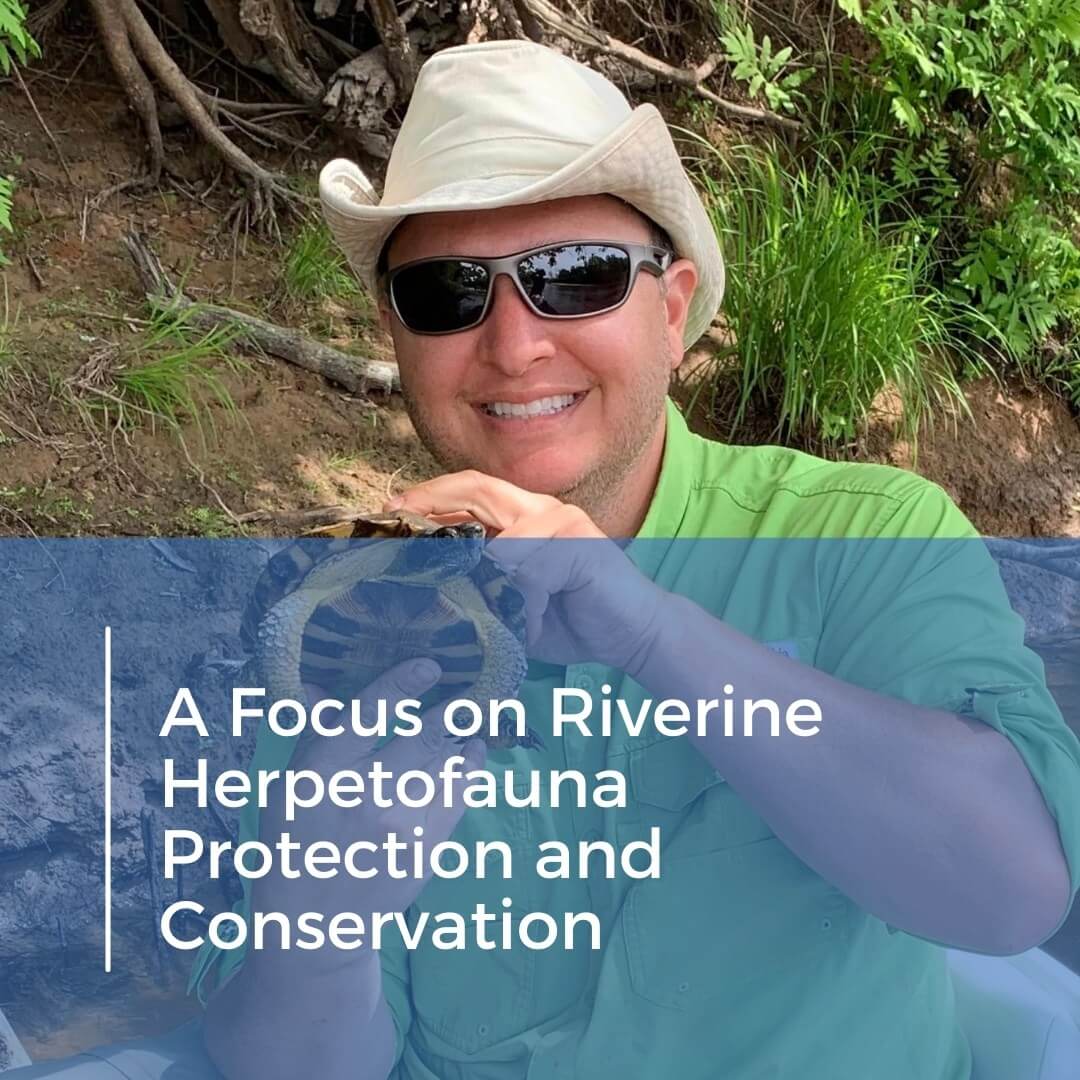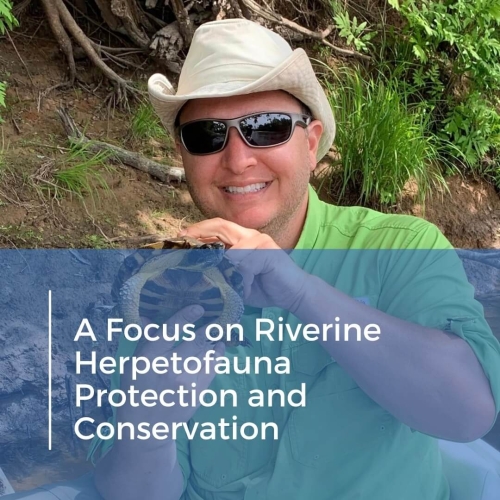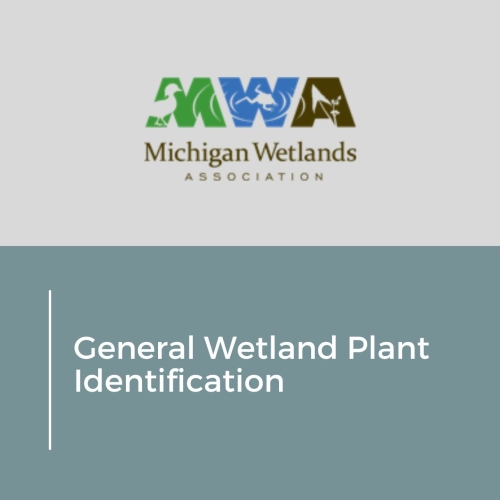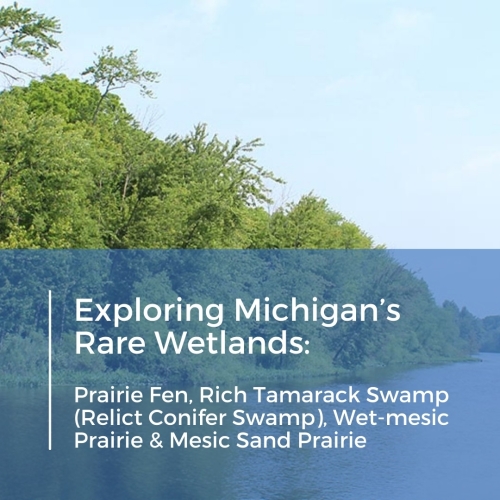Freshwater turtles are among the most endangered in the world and are recognized as key indicators of environmental health. This workshop will explore the fascinating natural history of riverine reptiles and amphibians (collectively, regionally referred to as herpetofauna). The workshop will highlight threats facing herpetofauna with emphasis on issues and challenges of riverine associated species.
A Focus on Riverine Herpetofauna Protection and Conservation (#2) 2025
$50.00
Out of stock
Description
Name of Class: A Focus on Riverine Herpetofauna Protection and Conservation
Date: September 29, 2025
Classroom Portion:
MSU Extension Office
705 N Zeeb Rd
Ann Arbor, MI 48103
Field Portion:
Various areas around Ann Arbor
Time(s): 9:00 AM – 4:00 PM
Instructor: David A. Mifsud
Cost: $50
Click here to become a MWA member.
Class Description: Freshwater turtles are among the most endangered in the world and are recognized as key indicators of environmental health. This workshop will explore the fascinating natural history of riverine reptiles and amphibians (collectively, regionally referred to as herpetofauna). The workshop will highlight threats facing herpetofauna with emphasis on issues and challenges of riverine associated species. Best Management Practices (BMPs) and guidelines for minimizing threats and approaches to help manage and conserve these species in Michigan will be discussed. These BMPs are all part of the upcoming Third Edition of the Michigan Amphibian & Reptile Best Management Practices Manual developed by Herpetological Resource and Management (HRM) with funding from EGLE and in-kind support from the Michigan Amphibian and Reptile Conservancy. The recently updated manual provides a range of resources to protect and best manage herpetofauna and their habitats from the local to regional level. Another important resource for helping protect amphibians and reptiles is the recently updated and field tested Herpetofauna Habitat Assessment Tool (Herp HAT). This assessment tool can be used by wetland managers and resource professionals alike to evaluate the herpetofauna habitat value provided by different wetlands. We will also discuss how you can contribute data to help support programs like the Michigan Herp Atlas and recently created Survey 123 applications to contribute data in the field! The first half of the workshop will be spent in the classroom.
Following a break for lunch on your own, the workshop will also include a half-day trip focused on identification, natural history, and habitat use of amphibians and reptiles of the greater Ann Arbor riverine and associated communities. We will explore some typical habitats of the region and discuss the role herpetofauna play and what to look for when surveying for them. Species you may encounter (weather dependent) include the Blanding’s Turtle, Northern Map Turtle, Easten Spiny Softshell Turtle, Queen Snake, Butler’s Garter Snake, Bull Frog, Northern Leopard Frog to name a few. This field trip is planned for 3-4 hours in the field. Binoculars are encouraged to help identify species in the water. Attendees should plan to bring water and any food they may need with them. Prior to the field trip, folks will be asked to clean and decontaminate their field gear to avoid any transmission of pathogens or invasives. We will also provide a spray bottle with 10% bleach solution.
This workshop is sponsored by EGLE with support from MARC.
Instructor Bio:
David Mifsud – David A. Mifsud is the senior herpetologist and owner of Herpetological Resource and Management, a conservation company dedicated to the protection and stewardship of amphibians and reptiles. He holds multiple certifications including Professional Wetland Scientist by the Society of Wetland Scientists, Professional Ecologist by the Ecological Society of America, and Professional Wildlife Biologist through The Wildlife Society. He has worked for over 25 years in wildlife biology, wetland ecology, and habitat conservation and management, with an emphasis on herpetofauna. He has conducted research, assessments, and habitat restoration targeting amphibians and reptiles across Michigan. He has written or co-authored several publications and technical reports on Michigan herpetofauna. David is Co-chair of the State of Michigan Amphibian and Reptile Technical Advisory board. He also coordinates the Michigan Herpetological Atlas project. He has conducted numerous training workshops focused on the identification, conservation and best management of amphibians and reptiles in Michigan. He is recognized as a global expert by the International Union for Conservation of Nature (IUCN) Tortoise and Freshwater Turtle Specialist Group with focus on Great Lakes and African chelonians. Mifsud is the author of the Amphibian & Reptile Best Management Practices for Michigan and currently working on the third edition and co-author of the Amphibians and Reptiles of the Great Lakes Region Revised Edition. . He is also the founder and President of the Michigan Amphibian and Reptile Conservancy (MARC).
Class Cancellation Notification
Five (5) days prior to the start of class, participants will be notified of a cancellation. The MWA Treasurer will refund 100% of the fee received to participants.
Cancellation Policy for Attendees
- Any attendee can transfer, at any time, their spot in the class to another person with no financial penalty.
- Cancellation prior to 14 days of the class is eligible for 100% refund of class fees.
- Cancellation from 1-13 days of the class is eligible for 50% refund of class fees.
- Cancellation within less than 1 day of start of the class (including during the class) is not eligible for any refund (0%), however the spot can be transferred to any other person.





